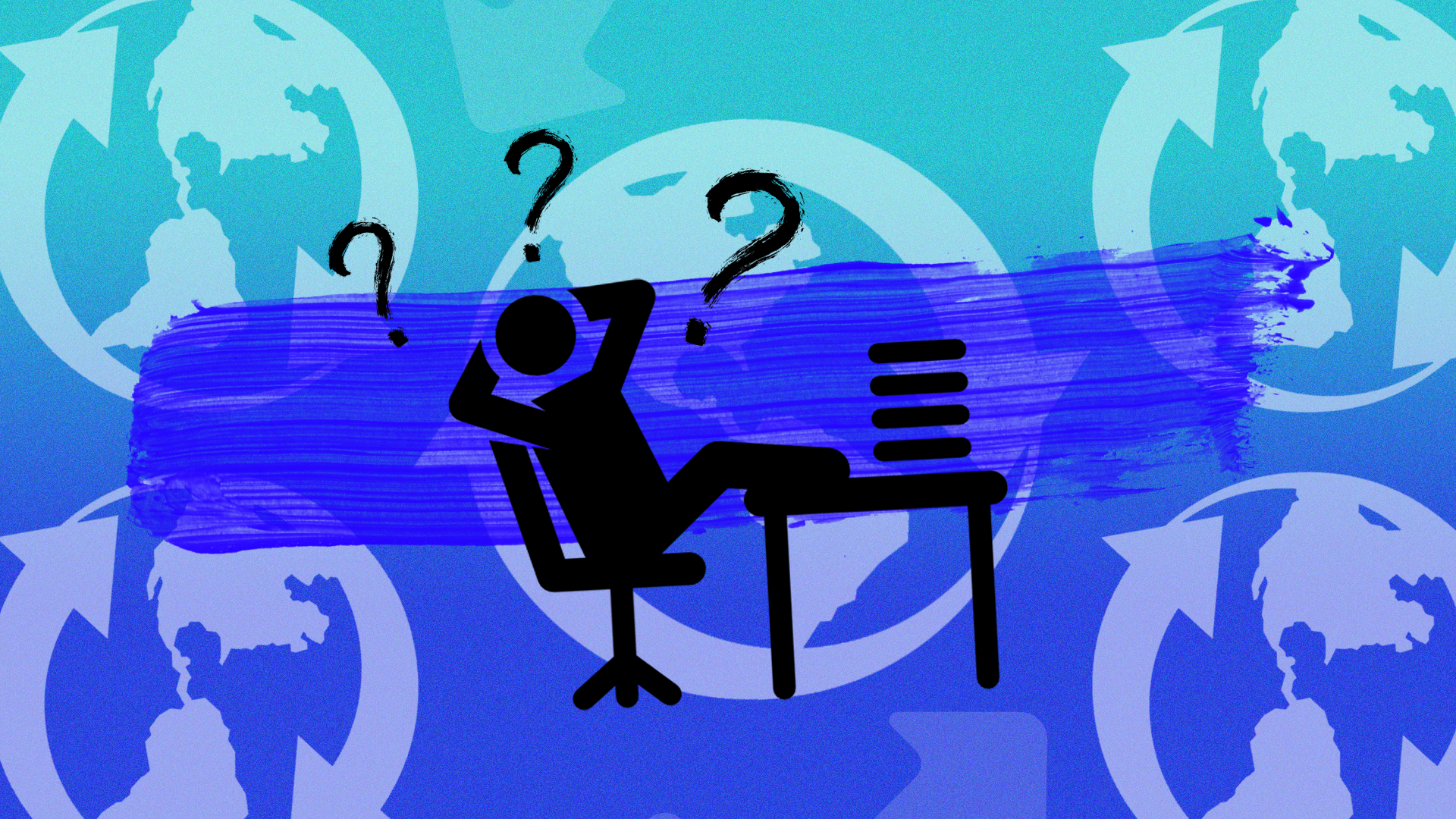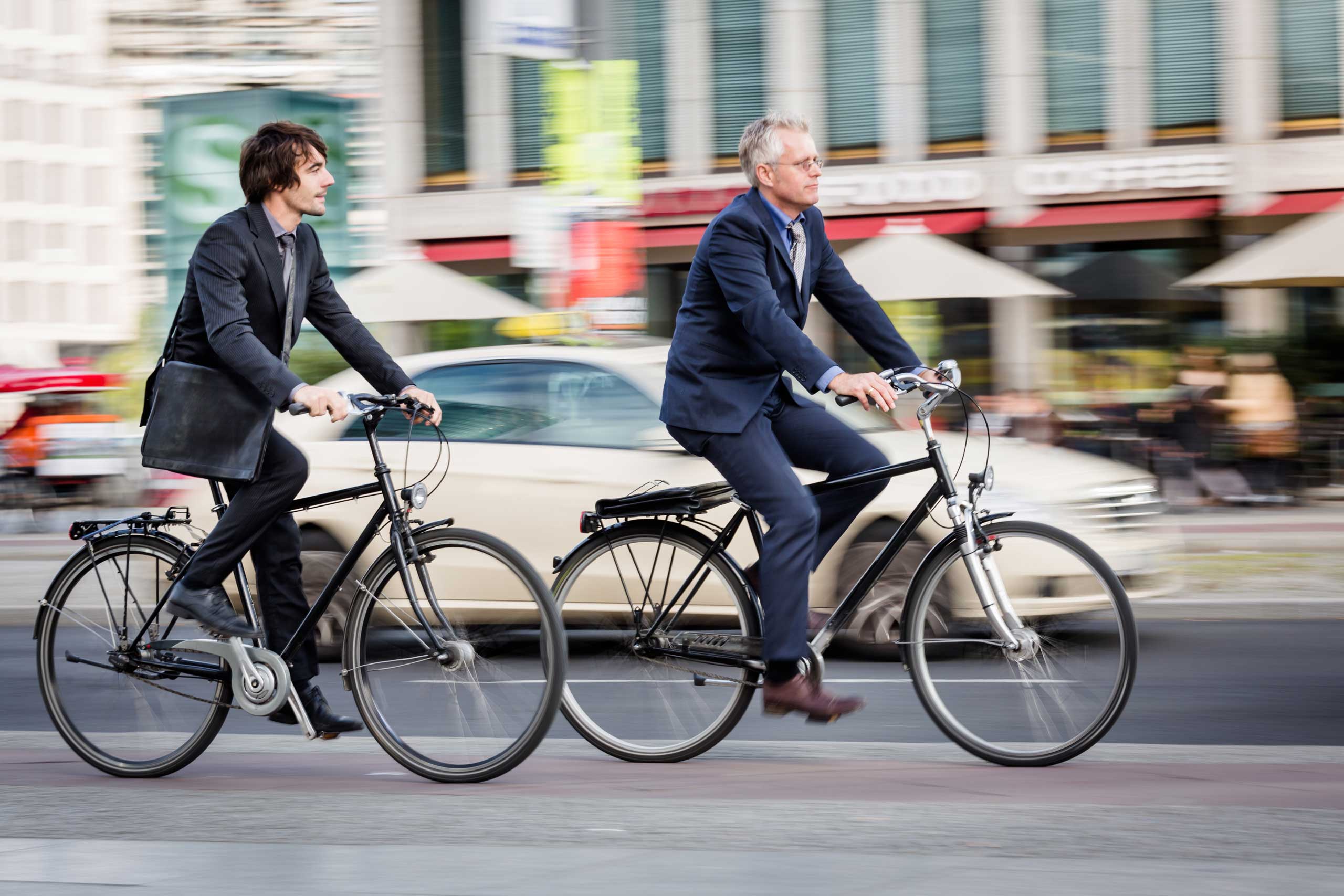The UN has just published the mother of all helpful guides – how to save the world when you don’t have time to go ‘full activist’.
Here at Thred we’re pretty keen on consistently giving you easy to implement advice on how to reduce your carbon footprint. From how to get involved in activist programs to which footwear brands are most sustainable, we try to keep you abreast of all things woke.
But for a while now we’ve been trawling the internet for a guide to sustainability for people who want to help, but typically are more of the procrastinating type. It can be easy to get overwhelmed by the activist community, especially when the most visible campaigners are sailing round the world and speaking at G20 summits, setting inspiring yet unattainable standards. Surely a guide exists somewhere for those not willing to give up their whole life for environmental activism, but still plagued by the niggling feeling there was something they could do to help.
It should be no surprise that the UN, author of the Sustainable Development Goals, eventually came through with the goods. We absolutely stan its 4-part ‘guide to saving the world’, that gradually increases in difficulty but starts off with such achievable tasks as ‘use digital bank statements’.
We thought that the list was too awesome not to publicise and add to. According to the UN, here’s how to stay woke even if you’re a couch potato:
1: Things you can do from your couch
- Save electricity by plugging appliances into a power strip and turning them off completely when not in use, including your computer
- Stop paper bank statements and pay your bills online or via mobile
- Share, don’t just like. If you see an interesting social media post about women’s rights or climate change, share it so folks in your network see it too
- Speak up! Ask your local and national authorities to engage in initiatives that don’t harm people or the planet. You can also voice your support for the Paris Agreement and ask your country to ratify it or sign it if it hasn’t yet
- Turn off the lights. Your TV or computer screen provides a cosy glow, so turn off other lights if you don’t need them
- Report online bullies. If you notice harassment on a message board or in a chat room, flag that person
- Stay informed. Follow your local news and stay in touch with the Global Goals online or on social media

Level 2: Things you can do from home
- Air dry. Let your hair and clothes dry naturally instead of running a machine. If you do wash your clothes, make sure the load is full
- Take short showers. Bathtubs require gallons more water than a 5-10 minute shower
- Eat less meat, poultry, and fish. More resources are used to provide meat than plants
- Freeze fresh produce and leftovers if you don’t have the chance to eat them before they go bad. You can also do this with take-away or delivered food, if you know you will not feel like eating it the next day. You will save food and money
- Compost—composting food scraps can reduce climate impact while also recycling nutrients
- Recycling paper, plastic, glass & aluminium keeps landfills from growing
- Buy minimally packaged goods
- Avoid pre-heating the oven. Unless you need a precise baking temperature, start heating your food right when you turn on the oven
- Plug air leaks in windows and doors to increase energy efficiency
- Adjust your thermostat, lower in winter, higher in summer
- Replace old appliances with energy efficient models and light bulbs
- If you have the option, install solar panels in your house. This will also reduce your electricity bill!
- Get a rug. Carpets and rugs keep your house warm and your thermostat low
- Don’t rinse. If you use a dishwasher, stop rinsing your plates before you run the machine





















